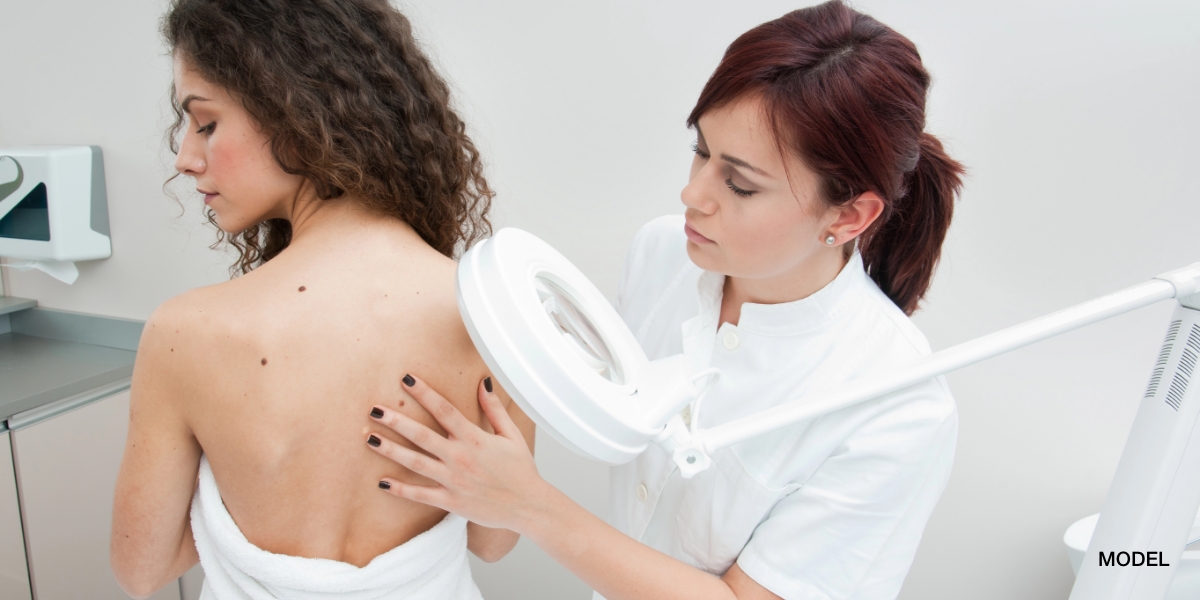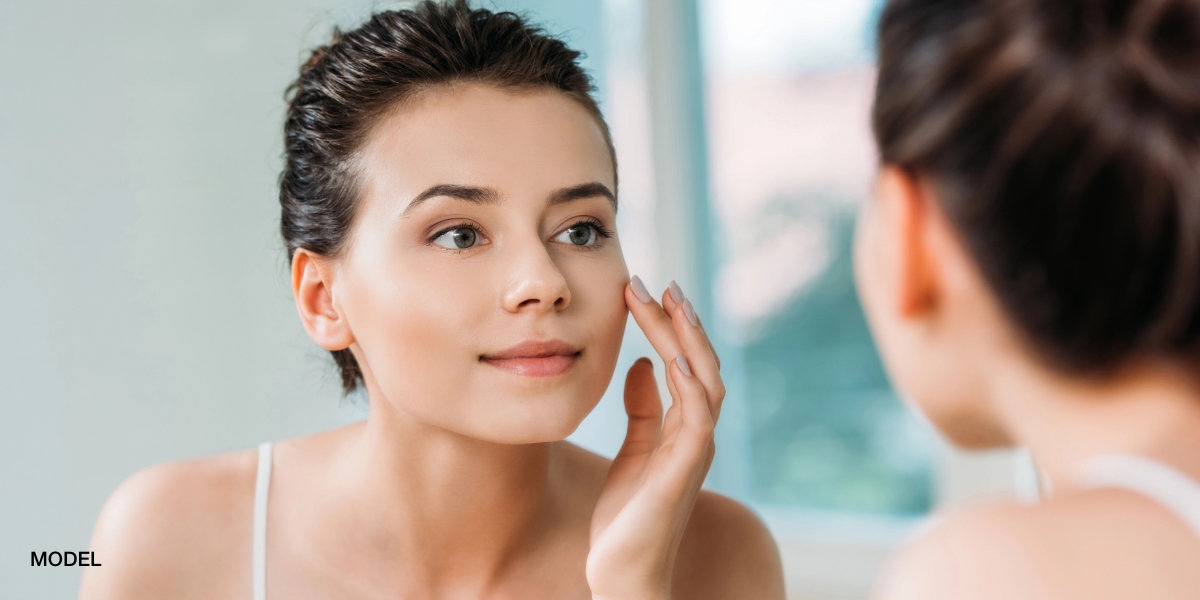As most acne lesions are very superficial in the skin, topical medicines are an integral part of the majority of treatment regimens. A good topical regimen involves the use of an anti-bacterial agent with a retinoid. The anti-bacterial agent reduces the number of P. acnes bacteria present on the skin, thus decreasing the inflammatory component of acne. Benzaclin and Duac are commonly used acne products which focus on treating the bacterial component of acne. They are both combination medicines containing the antibiotic clindamycin and benzoyl peroxide. Benzoyl Peroxide or clindamycin can be used alone and are both very effective. Proactiv’s active ingredient is benzoyl peroxide and is an excellent treatment for mild acne. Benzoyl peroxide is very safe but it has a side effect of bleaching colored towels and clothes if it makes contact with them. Retinoids are vital to a good acne regimen as they alter the structure of the pilosebaceous unit, which is malfunctioning in acne. A retinoid decreases the likelihood that pores will clog by decreasing the thickness of the hair root sheath, thus creating a wider pore. Retinoids also decrease the size and amount of secretion of the sebaceus glands (oil glands). The three main retinoids are tretinoin (Retin A), adapalene (Differin), and Tazarotene (Tazorac). The most common topical acne regimen I prescribe is Neutrogena Oil Free Wash twice a day, clindamycin solution to the back, chest and extremities, and tretinoin cream at night. I always stress that the acne may appear worse in the first month, which is normal and does not indicate that the regimen must be changed. It is very common for the skin to become dry and irritated, and if this becomes too intolerable the topical prescriptions can be used every other day or every third day until the patient’s skin becomes accustomed to the retinoid and can handle a daily regimen. I evaluate the success of any acne regimen at the end of three months, so I encourage all of my patients to “hang in there” and give each regimen a good three month trial. At three months, adjustments can be made to the acne regimen.
August 24, 2010

Medically reviewed by Anthony J. Perri, M.D.
You May Also Like


Request a Consultation (Sidebar)
Recent Posts
Categories
- Uncategorized (579)
Tags
acne (6)
acne treatment (3)
acne vulgaris (2)
basal cell carcinoma (2)
biopsy (3)
cold urticaria (1)
common skin conditions (11)
dermatologist (15)
dermatology (7)
dr. perri (8)
dry skin (1)
eczema (2)
filiform (1)
health (3)
Herpes (1)
herpessimplex (1)
hives (2)
indentification (1)
keratosis pilaris (1)
Lichen Planopilaris (1)
melanoma (2)
moles (3)
periungual (1)
perri dermatology (10)
prevention (2)
rashes (2)
rosacea (3)
rosacea therapy (2)
skin cancer (6)
skin cancer screening (5)
skin care (2)
skin checks (8)
skin condition (6)
skin conditions (8)
skin damage (2)
skin exam (8)
summertime (3)
sunburn (3)
sunburns (2)
Sunprotection (1)
sunscreen (2)
virus (1)
warts (2)
why perri dermatology (3)
woodlands dermatologist (6)

